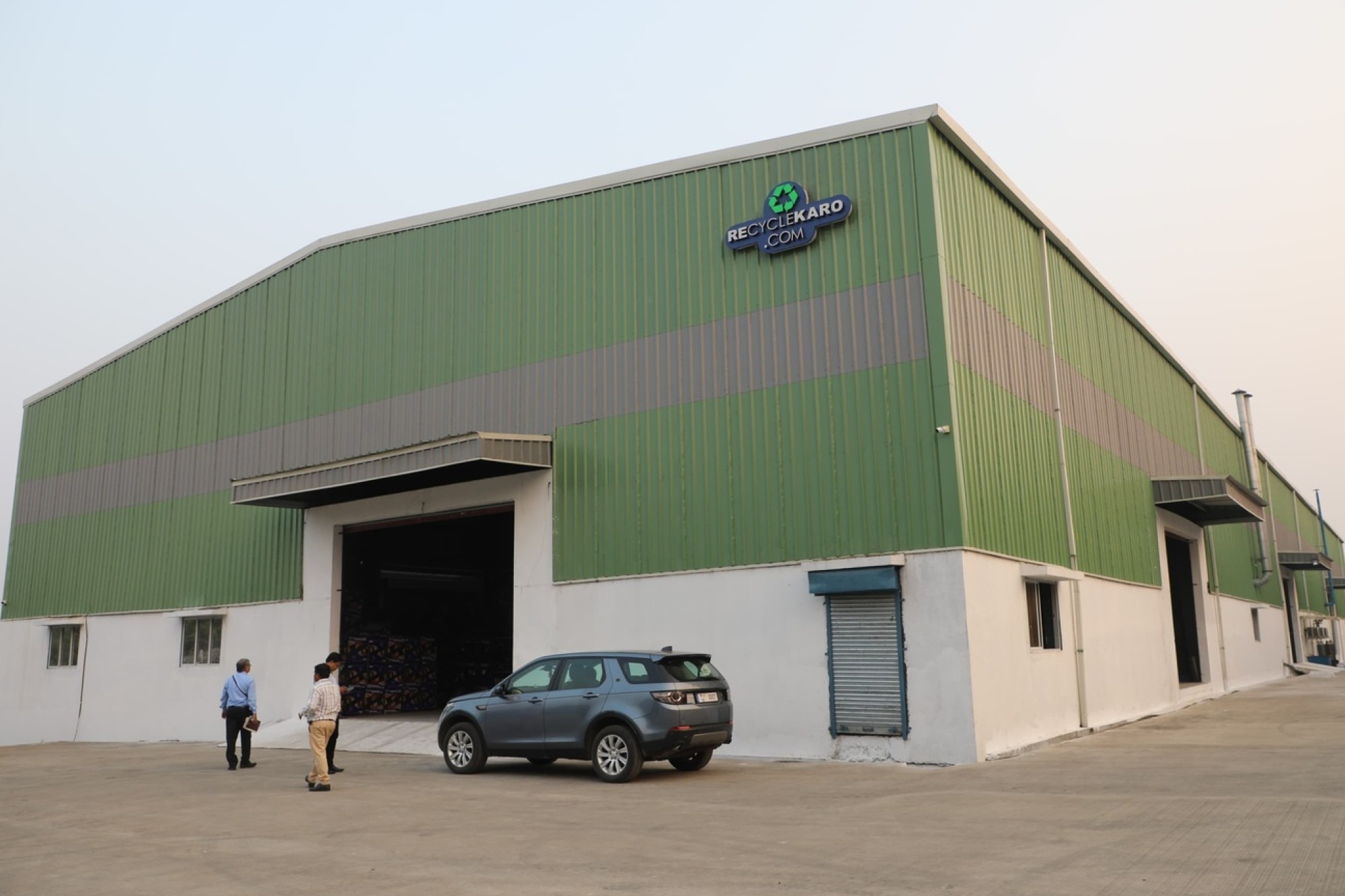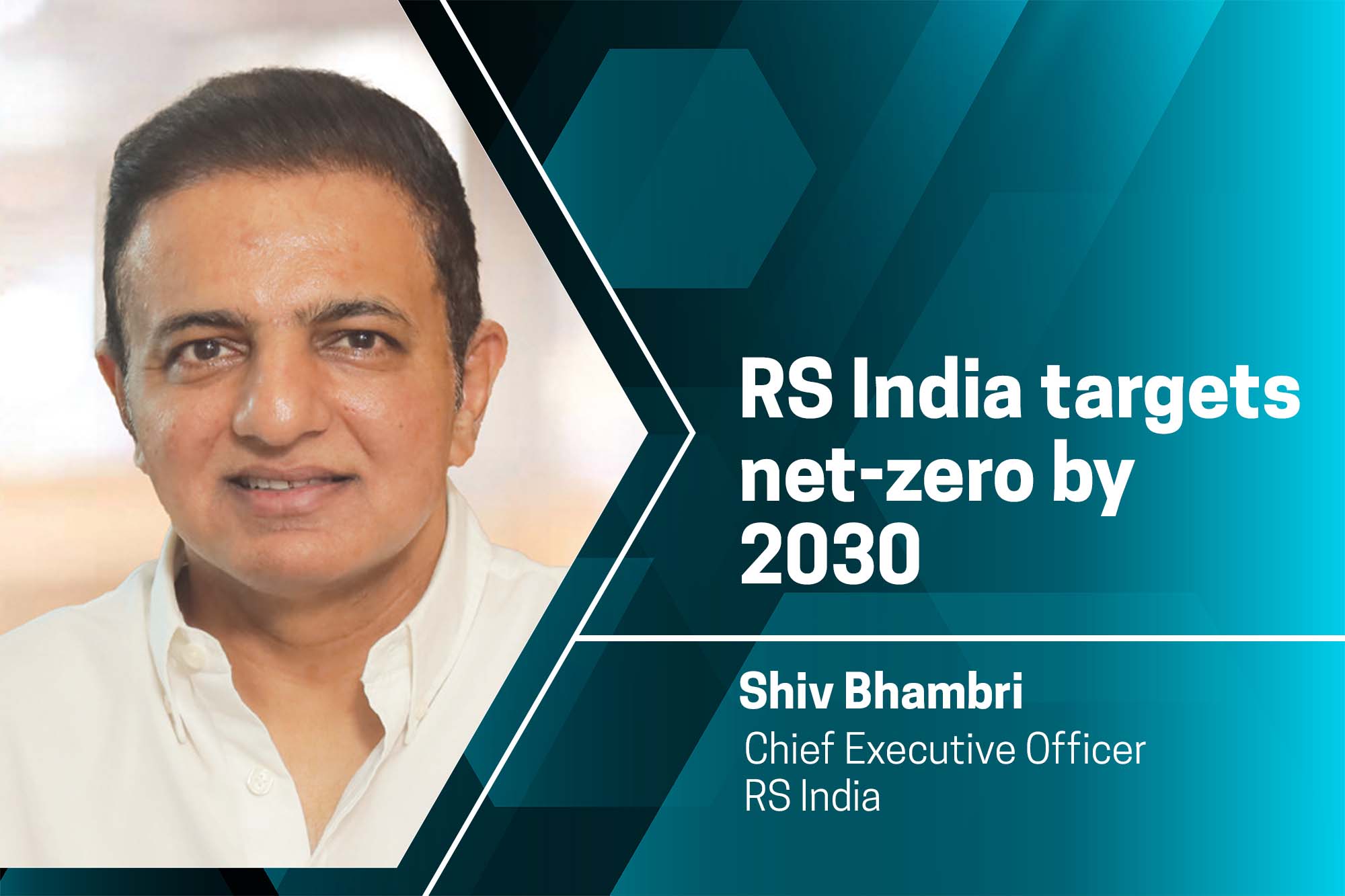MSMEs are critical to sustainable Indian manufacturing
By OEM Update Editorial July 7, 2023 6:27 pm IST
The article emphasises the significance of MSMEs and highlights that their involvement in collaborative initiatives like the Clean Energy Access Network can prove advantageous. By joining such initiatives, MSMEs gain access to valuable resources and knowledge, further enhancing their prospects.
In the era of progress and innovation, the significance of sustainability is indisputable, influencing all facets of our existence. In the worldwide context, the role of manufacturing companies, notably Micro, Small, and Medium Enterprises (MSMEs), in leading sustainable industrial development is gaining greater recognition. The demand for sustainability is a global phenomenon, and India has an unwavering commitment to championing this crucial endeavour.
As a committed signatory to the United Nations’ Sustainable Development Goals (SDGs), India is responsible for leading sustainable industrial development. The country’s endeavours are focused on attaining key objectives, including creating resilient infrastructure, advancing inclusive and sustainable industrialisation, and fostering innovation (Goal 9).
Furthermore, India strives to ensure sustainable consumption and production patterns (Goal 12). This transformative aspect can potentially reshape our relationship with the resources we utilise.[1] The movement towards sustainability in Indian manufacturing is gaining momentum. One can be inspired by industry leaders and explore solutions for MSMEs to actively participate in creating a greener and more sustainable future.
It is important to acknowledge that major business conglomerates like Mahindra & Mahindra and Godrej Industries have already blazed the trail in integrating sustainability into the manufacturing sector in India. Mahindra & Mahindra’s ambitious goal to achieve carbon neutrality by 2040 and Godrej’s steadfast commitment to the triple bottom line of ”people, planet, and profit” serve as a beacon for other enterprises navigating the path of sustainability. Arvind Ltd, a leading player in the textile industry, showcases its dedication to water conservation by embracing innovative technologies like Zero Liquid Discharge (ZLD). Their proactive approach is a testament to how industries can utilise innovation to reduce their environmental impact.
While these instances serve as sources of inspiration, an urgent question remains unresolved – how can MSMEs, which comprise over 90 percent of total industrial entities in India, contribute to this wave of sustainable manufacturing?
The answer lies in recognising that sustainability is not exclusive to large corporations with vast resources. The challenge, and indeed the opportunity, lies in realising the potential of MSMEs to contribute to this endeavour. There are several steps that MSMEs can take towards embracing sustainability.
Adopting energy-efficient technologies
MSMEs can take the first step towards sustainability by embracing energy-efficient technologies.
This involves recognising possibilities for energy preservation and transitioning to energy-efficient equipment like solar and wind power systems to provide clean and sustainable energy. MSMEs have the potential to significantly decrease their energy usage, thereby lowering greenhouse gas emissions and promoting an environmentally friendly atmosphere, all while achieving long-term financial benefits.
Focusing on waste minimisation and management
Another way of contributing to sustainability is by adopting the “Reduce, Reuse, Recycle” mantra. MSMEs can make a substantial difference by actively pursuing strategies to minimise waste generation, such as implementing efficient manufacturing practices and optimising material utilisation. This entails reusing materials, implementing energy and water conservation techniques, moving towards a circular economy and promoting eco-design concepts. Additionally, responsible waste management practices, like those employed by Nepra Resource Management, can serve as a model for transforming waste into valuable resources through recycling.
Training and capacity building
MSMEs can foster a culture of sustainability within their organisations by partnering with academic institutions and industry bodies to provide training. Companies can regularly organise educational programs for employees to enhance their understanding of sustainable manufacturing practices, energy conservation, and waste management. This initiative helps to develop employees’ skills and knowledge, enabling them to implement sustainable practices effectively. Moreover, it fosters a culture where sustainability becomes deeply ingrained as a fundamental value throughout the organisation across all levels. MSMEs can effectively promote sustainable manufacturing practices by equipping their workers with the necessary knowledge and skills.
Forging collaboration and partnerships
Collaboration and partnerships are potent catalysts for sustainability. MSMEs can benefit from joining collaborative initiatives like the Clean Energy Access Network (CLEAN), which provide access to valuable resources and knowledge. Through collaboration and partnership with various stakeholders, MSMEs can leverage their collective expertise and experiences, propelling their sustainability journey forward. Collaboration opens doors to innovative solutions and best practices that can drive positive change.Accessing Green Finance
Green financing options offer MSMEs the opportunity to invest in sustainable technologies and practices. The Indian government and financial institutions provide a range of schemes and incentives specifically designed to support green initiatives by MSMEs. These financial resources assist MSMEs in overcoming potential obstacles to adopting sustainable manufacturing practices. They enable investments in energy-efficient equipment, waste management infrastructure, and other sustainable solutions.
Transitioning to sustainable manufacturing is crucial and presents a valuable opportunity for MSMEs to enhance their competitiveness and resilience. As we strive to increase India’s manufacturing GDP from 16 to 25 percent, the role of MSMEs in spearheading sustainable manufacturing becomes paramount. Ultimately, producing goods that improve quality of life and preserve the environment is indeed something we can label as “cool”!
Reference Links:
● 1 https://sdgs.un.org/topics/industry
● https://www.gktoday.in/upsc-questions/the-contribution-of-the-manufacturing-sector-as-a/
● https://www.ibef.org/industry/manufacturing-sector-india
● https://www.linkedin.com/pulse/importance-manufacturing-industries-adwisesolutions/
● https://www.cseindia.org/india-s-enhanced-climate-targets-and-commitments-what-do-they-mean–11043
● https://www.manufacturingtodayindia.com/sectors/importance-of-sustainable-manufacturing-practices
Cookie Consent
We use cookies to personalize your experience. By continuing to visit this website you agree to our Terms & Conditions, Privacy Policy and Cookie Policy.















